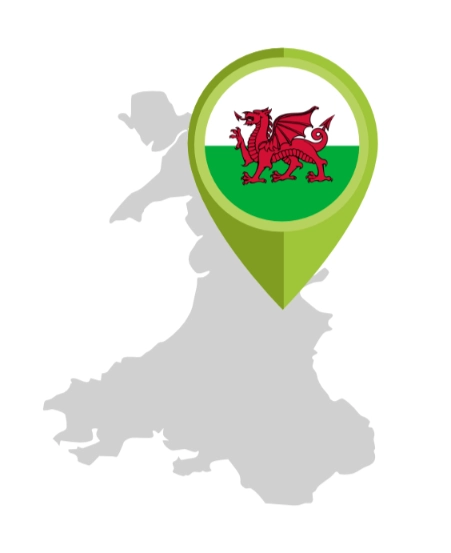The Welsh Language Act of 1967 repealed a portion of the Wales and Berwick Act, granting Wales a distinct legal identity within the United Kingdom. This marked a significant departure from the previous legal framework, which had considered Wales part of the Kingdom of England since the Laws in Wales Acts of 1535 and 1542. The 1967 Act also expanded the use of the Welsh language in official contexts.
As a component of the United Kingdom’s sovereign state, Wales has undergone a shift in its official designation. Historically classified as a principality under ISO 3166-2:GB, this categorization was challenged by the Welsh Assembly in 2010. Former Counsel General for Wales, John Griffiths, contended that the term “principality” was inaccurate and that “Wales should properly be referred to as a country.” In response to this assertion, the 2011 update of ISO 3166-2:GB reclassified Wales as a country. Supporting this change, the UK government’s toponymic guidelines emphasize that the Prince of Wales title is ceremonial rather than governmental, reinforcing the designation of Wales as a country.

